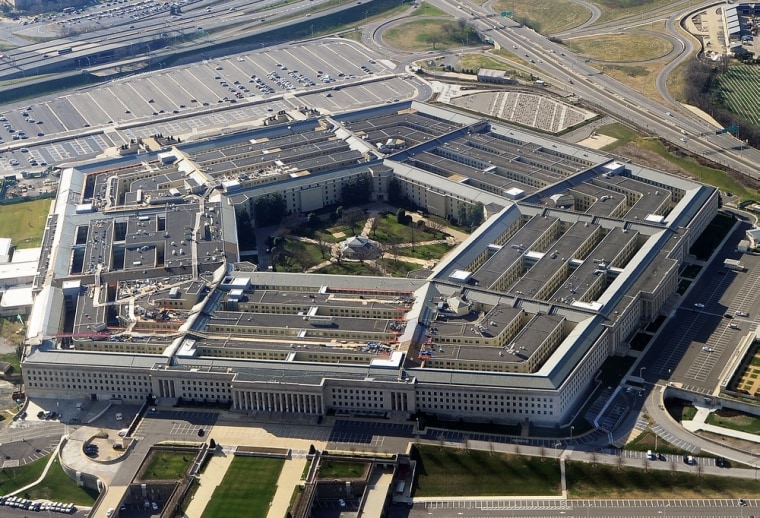Towards the end of the White House press briefing yesterday, a reporter brought a question that may have seemed strange: "The president has previously indicated that he would encourage the targeting of families of terror suspects. Is that still his current position?"Press Secretary Sean Spicer, responded, "When did he say that?"As it turns out, it was on Dec. 2, 2015, at the height of the Republican presidential primary, when a variety of GOP candidates were eager to tell the party's base how much they supported torture.
Trump declared, in reference to terrorists, "[Y]ou have to take out their families. When you get these terrorists, you have to take out their families. They care about their lives, don't kid yourself. But they say they don't care about their lives. You have to take out their families."As for why this is suddenly relevant, NBC News ran
a striking report the other day about a deadly mission in Yemen on Sunday, which did not go according to plan.
In what an official said was the first military raid carried out under President Donald Trump, two Americans were killed in Yemen on Sunday -- one a member of SEAL Team 6 and the other the 8-year-old daughter of Anwar al-Awlaki, the New Mexico-born al Qaeda leader who himself was killed in a U.S. strike five years ago.The raid in southern Yemen, conducted by the supersecret Joint Special Operations Command, was intended to capture valuable intelligence, specifically computer equipment, according to a senior U.S. military official. Three al Qaeda leaders were killed, according to U.S. officials.Contrary to earlier reporting, the senior military official said, the raid was Trump's first clandestine strike -- not a holdover mission approved by President Barack Obama. The mission involved "boots on the ground" at an al Qaeda camp near al Bayda in south central Yemen, the official said.
According to the unnamed official describing this mission, "Almost everything went wrong."One Navy SEAL, Chief Petty Officer William "Ryan" Owen, was killed in a firefight. Several other SEALs were injured, including one who sustained severe injuries, when their Osprey made a hard landing.The death of the 8-year-old girl, Nawar al-Awlaki, also known as Nora, is generating considerable attention because of her father, who was killed by a drone in September 2011. His American citizenship made the strike far more controversial than many related strikes that targeted terrorist leaders abroad.NBC News'
report added:
Karen Greenberg, director of Fordham University's Center on National Security, said the girl's death will be a boon to al Qaeda propagandists. "The perception will be that it's not enough to kill al-Awlaki -- that the U.S. had to kill the entire family," she said. [...]Nawar al-Awlaki is the second of Anwar al-Awlaki's children to be killed by U.S. forces. Two weeks after Anwar was killed in late 2011, his 16-year-old son, Abdulrahman, was also struck in a drone strike. U.S. officials said the younger al-Awlaki was in the wrong place at the wrong time -- that he was with their intended target, an al Qaeda leader.Intentional or not, Greenberg said, the deaths of three al-Awlaki family members will enhance the al Qaeda narrative. She noted that as part of propaganda efforts, terrorist groups have begun to circulate photographs of children reputedly killed by U.S. forces. Photos of Nawar al-Awlaki alive and dead are already circulating widely in Arab media.
This is why Sean Spicer was asked about whether Trump still supports the targeting of families of terror suspects.Were it not for a half-dozen other political controversies swirling around the White House, Sunday's developments in Yemen -- the new president's first military raid -- would likely be a much bigger story.
